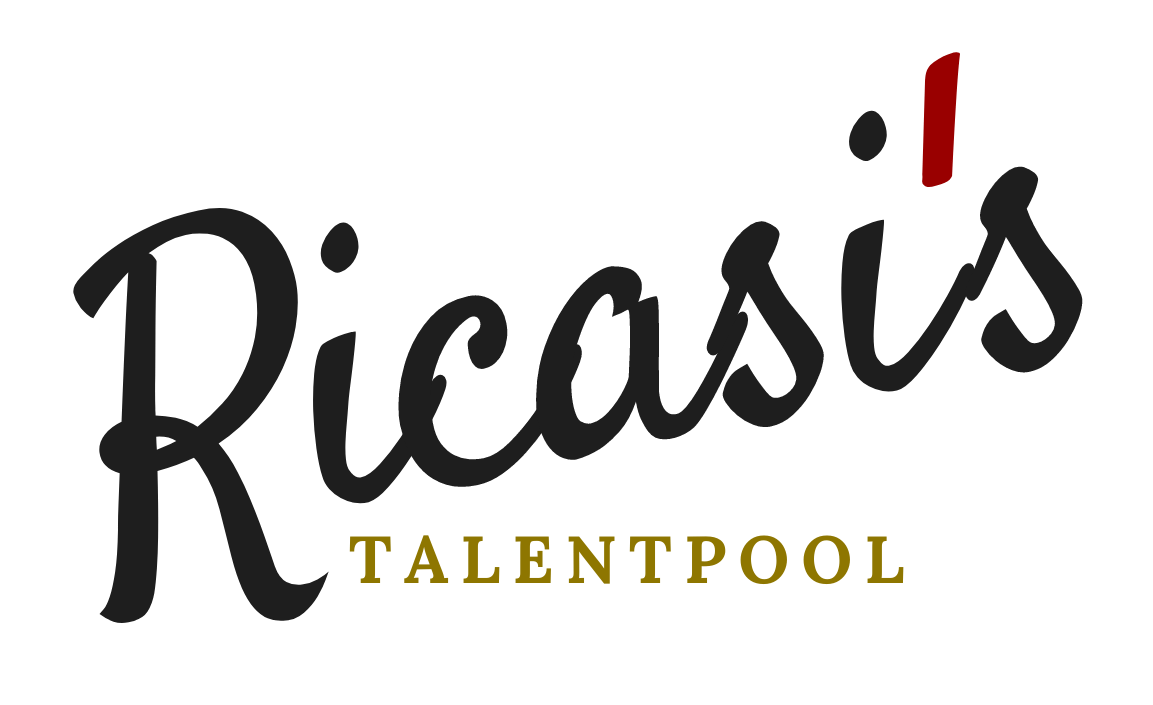WHO WE ARE
When he announced in Paris, on a winter’s evening in 1892, the forthcoming re-establishment of the Olympic Games, Pierre de Coubertin was applauded, but nobody at the time imagined the scale of the project that reviving the ancient Olympic Games, appointing a committee in charge of organising them and creating an international movement would entail. The International Olympic Committee was created on 23 June 1894; the first Olympic Games of the modern era opened in Athens on 6 April 1896; and the Olympic Movement has not stopped growing ever since.
VISION AND MISSIONS OF THE OLYMPIC MOVEMENT
OLYMPISM
The visual ambassador of Olympism for billions of people is the Olympic symbol, widely known throughout the world as the Olympic rings.
Olympism is a philosophy of life, exalting and combining in a balanced whole the qualities of body, will and mind. Blending sport with culture and education, Olympism seeks to create a way of life based on the joy of effort, the educational value of good example, social responsibility and respect for universal fundamental ethical principles.
THE OLYMPIC MOVEMENT
The three main constituents of the Olympic Movement are the International Olympic Committee (“IOC”), the International Sports Federations (“IFs”) and the National Olympic Committees (“NOCs”).
In addition to its three main constituents, the Olympic Movement also encompasses the Organising Committees for the Olympic Games (OCOGs), the national associations, clubs and persons belonging to the IFs and NOCs, particularly the athletes, as well as the judges, referees, coaches and the other sports officials and technicians. It also includes other organisations and institutions as recognised by the IOC.
As is clearly stated in the Olympic Charter: “The goal of the Olympic Movement is to contribute to building a peaceful and better world by educating youth through sport practised in accordance with Olympism and its values.” (Olympic Charter, Chapter 1, Rule 1.1)
THE OLYMPIC CHARTER
The Olympic Charter is the codification of the Fundamental Principles of Olympism, Rules and Bye-laws adopted by the International Olympic Committee (IOC). It governs the organisation, action and operation of the Olympic Movement and sets forth the conditions for the celebration of the Olympic Games.
The Fundamental Principles of the Olympic Charter are based on a document written by Pierre de Coubertin in around 1898. The first edition was published in 1908 under the title “Annuaire du Comité International Olympique”. The Olympic Charter was later known by other names, including the “Olympic Rules”, before finally taking the name Olympic Charter in 1978.
THE INTERNATIONAL OLYMPIC COMMITTEE
The International Olympic Committee (IOC) is a not-for-profit independent international organisation that is committed to building a better world through sport. Created on 23 June 1894, just under two years before the first Olympic Games of the modern era in April 1896, the IOC is the supreme authority of the Olympic Movement.
As the leader of the Olympic Movement, the IOC acts as a catalyst for collaboration between all parties of the Olympic family, from the NOCs, the IFs, the athletes and the OCOGs to the Worldwide Olympic Partners, broadcast partners and United Nations (UN) agencies, and shepherds success through a wide range of programmes and projects. On this basis, it ensures the regular celebration of the Olympic Games, supports all affiliated member organisations of the Olympic Movement and strongly encourages, by appropriate means, the promotion of the Olympic values.


